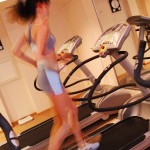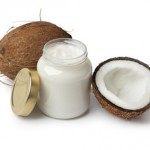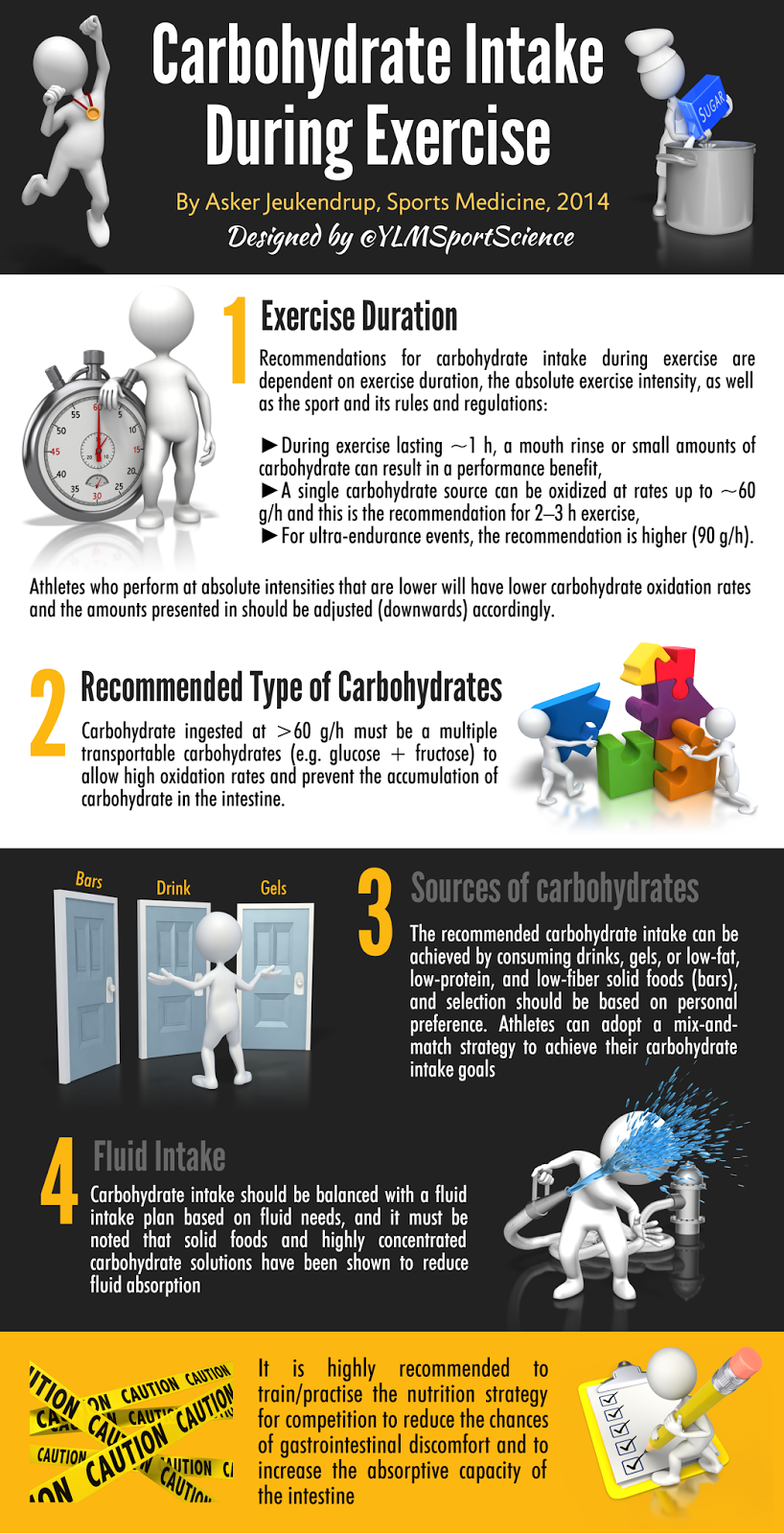This week, read about sports science infographics, how to evaluate scientific evidence, processed foods that are healthy, treadmill running, age 60+ ultra athletes, and more.
Sports Science Infographics
Summarizing complex studies can be a challenge. Exercise physiologist Yann Le Meur is helping make sports science research understandable for all, using graphics and simplified text to illustrate recent studies. Le Meur conducts research at the National Institute of Sport, Expertise, and Performance in Paris. The graphic below is a good example of his work: here Le Meur describes a recent study reviewing the importance of carbohydrates for exercise and outlining carbohydrate intake recommendations to optimize endurance performance.
If you like these graphic summaries, be sure to visit Yann Le Meur’s website, which he updates regularly with new research (or follow him on twitter at @YLMSportScience). You’ll find recent summaries of interval training, warmup protocols, sleep, injury rehab or prevention, recovery, strength training, and much more.
Other links of interest this week:
- Not all scientific evidence is equal. How do you know what to believe? Learn why you should be wary of anecdotes, testimonials, and personal stories (e.g., “I stopped eating wheat and lost 10 lbs), and how to interpret other evidence. (Ask for Evidence)
 Can processed foods be healthy? Not all “processing” is equal, and in some cases processing may make foods better for you. This article explains how to figure out if processing foods adds or takes away nutrients. (Nutrition Diva)
Can processed foods be healthy? Not all “processing” is equal, and in some cases processing may make foods better for you. This article explains how to figure out if processing foods adds or takes away nutrients. (Nutrition Diva)
- The costs of continuously checking e-mail, twitter, your phone, etc. As many studies have shown, multitasking is inefficient. Our current environment promotes multitasking, so you’ll need to make a conscious effort and learn strategies to manage the allure of these constant distractions – this article includes some good tips. (Psychology Today)
- Coconut Water – is it really worth the price and hype?
4/5 experts say No. (Time Magazine)
- Whole grains, paleo diets, & gluten. A great piece by David Katz – with SO much misinformation out there, it’s always good to see a true evidence-based perspective.
 Is Running on a Treadmill as Good as Running Outside? Expert Dr. Irene Davis discusses pluses & minuses. Outdoors and trails best for maximum benefit, but treadmill can be a good option. (Time Magazine)
Is Running on a Treadmill as Good as Running Outside? Expert Dr. Irene Davis discusses pluses & minuses. Outdoors and trails best for maximum benefit, but treadmill can be a good option. (Time Magazine)
- Low carb diet high in animal fats and proteins associated with increased mortality in myocardial infaction survivors. If you’re thinking of eating low-carb, it might be a good idea to include mainly plant sources of proteins and fats for heart health (Journal of the American Heart Association, September 2014). Better still, just limit refined carbs (sugars, processed foods), and focus on a diet with proven health benefits.
- Prevention of eating disorders in female athletes
Excellent review stresses better education for athletes, coaches, and health professionals (J Sports Med 2014 5; 105-113).
 Does coconut oil deserve the stardom that it’s gained as a health food? Nice review by Berkeley Wellness. Similar to my take on coconut oil here.
Does coconut oil deserve the stardom that it’s gained as a health food? Nice review by Berkeley Wellness. Similar to my take on coconut oil here.
- What’s good for your health is good for the planet. Study provides good data showing that, if widely adopted, vegetarian and Mediterranean-style diets (less meat, less refined fat, and less sugar) could reduce the climate change impacts of food production, in addition to decreasing the incidence of many chronic diseases.(Nature 12 November 2014)
- Kid-friendly protein without the meat. Some great ideas (for adults too!) by Leslie Beck.(Globe and Mail)
